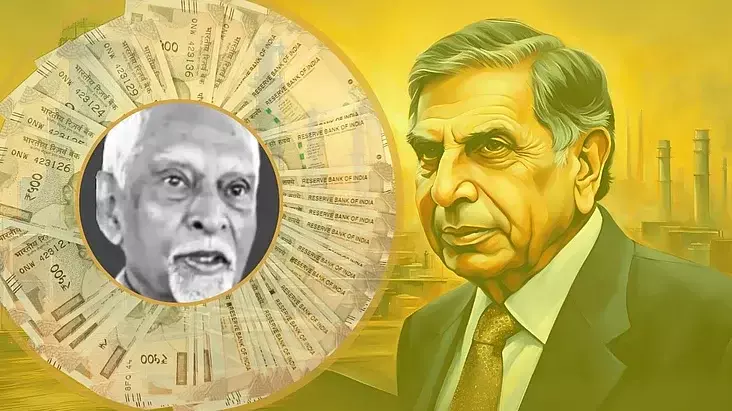
Ratan Tata’s Confidant Mohini Dutta Accepts ₹588 Crore Bequest
The world of business and entrepreneurship is filled with stories of successful individuals who have made a lasting impact on the world. One such individual is Ratan Tata, the former chairman of the Tata Group, one of India’s most prominent business conglomerates. Recently, news broke out that Ratan Tata’s longtime confidant, Mohini Mohan Dutta, has accepted a bequest worth ₹588 crore under Tata’s will. This development comes as a significant update in the ongoing saga of Tata’s estate, which has been making headlines in recent months.
For those who may not be familiar, Ratan Tata passed away on March 30, 2021, leaving behind a vast estate that includes his shares in the Tata Group, real estate properties, and other assets. As is common with large estates, the process of probate has been ongoing, with the court working to determine the rightful heirs and distribute the assets accordingly.
In this case, Mohini Dutta’s acceptance of the bequest is a significant development that has expedited the probate process. According to sources, the rest of the estate will be split between Tata’s two half-sisters, Simone Tata and Shama Cooper. The news of Dutta’s acceptance has brought a sense of closure to the ongoing dispute, which had been a subject of much speculation and media attention.
It is worth noting that the dispute surrounding Tata’s estate was not without its challenges. Initially, there were reports of disagreements between the various stakeholders, including Dutta and Tata’s half-sisters, over the distribution of the assets. However, it appears that these disputes have been resolved, thanks in part to a no-contest clause included in Tata’s will.
This no-contest clause, which is a common feature in many wills, bars any beneficiaries from contesting the will in court. This means that if any party were to challenge the distribution of the assets, they would be forfeiting their right to inherit. In this case, the no-contest clause appears to have worked its magic, as Dutta’s acceptance of the bequest has brought an end to the disputes and uncertainty surrounding Tata’s estate.
One of the key takeaways from this development is the importance of estate planning and the role that a well-crafted will can play in preventing disputes and ensuring a smooth transition of assets. Ratan Tata’s will, which has been the subject of much speculation, has proven to be a model of clarity and foresight. By including a no-contest clause and specifying the distribution of his assets, Tata has ensured that his estate will be managed in accordance with his wishes, even after his passing.
Another significant aspect of this development is the tax implications for Dutta and the other beneficiaries. Under Indian law, inheritance is tax-free, which means that Dutta will not have to pay any taxes on the bequest. This is a significant benefit, as it allows Dutta to retain the full value of the inheritance.
In conclusion, the news of Mohini Dutta’s acceptance of the ₹588 crore bequest is a significant development in the ongoing saga of Ratan Tata’s estate. The acceptance of the bequest has expedited the probate process, and the rest of the estate will be split between Tata’s half-sisters. The inclusion of a no-contest clause in Tata’s will has played a crucial role in resolving the disputes and ensuring a smooth transition of assets.
As we continue to follow the developments surrounding Ratan Tata’s estate, it is clear that his legacy will continue to shape the business landscape in India and beyond. From his pioneering work in the Tata Group to his philanthropic efforts, Ratan Tata’s impact on the world will be felt for generations to come.






